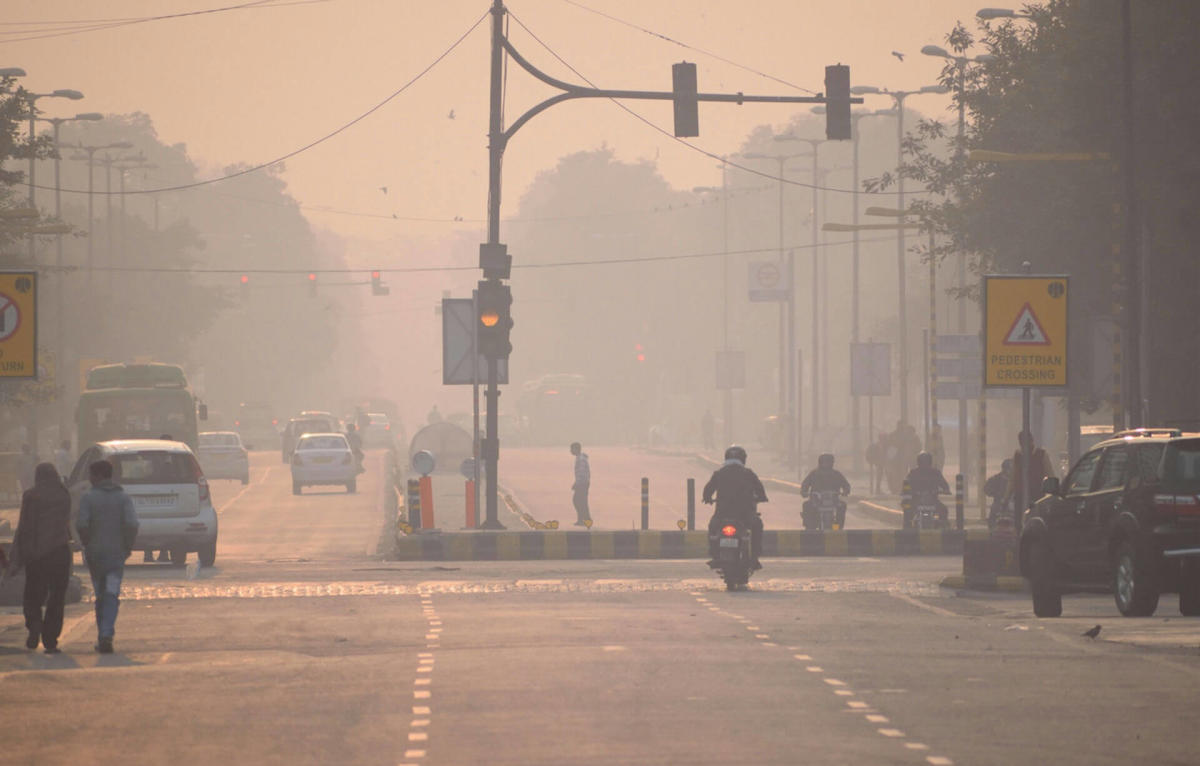What’s happening?
As reported by the New York Times, data compiled by Swiss company IQAir — whose researchers analyze data from over 30,000 air-quality monitoring stations and sensors across 134 countries, territories, and disputed regions — revealed that only 10 of these 134 areas achieved the World Health Organization’s standards for fine particulate matter (PM2.5) air pollution in 2023.
The WHO’s guidelines state that people shouldn’t breathe an average of more than 5 micrograms of PM2.5 per cubic meter of air annually, notes the Times. IQAir’s data also does not account for significant gaps in ground-level air-quality monitoring in some regions where satellite data shows some of the highest levels of air pollution on Earth.
This means that as IQAir works to add data from more areas in coming years, the commonality could become even larger. “The worst might be yet to come in terms of what we’re measuring,”
Glory Dolphin Hammes, the CEO of IQAir’s North American division, stated, per the Times.
Why is this data disconcerting?
Due to its small size — particles less than 2.5 micrometers — PM2.5 pollution is incredibly invasive and can even enter the bloodstream. This makes it the most lethal type of air pollution, and it causes millions of premature deaths every year, the Times reports.
Watch now: What’s the true environmental impact of renewable energy?
Fatalities aside, air pollution can cause many health issues, including contributing to the risk for everything from short-term respiratory issues to long-term risk of asthma and heart attacks, particularly among already vulnerable and disenfranchised populations. A recent study showed that racial and ethnic disparities in air pollution deaths have grown in recent years.
Also concerning is the fact that this pollution is human-caused, much of it being created by burning dirty energy sources like gas, coal, and oil.
“Air pollution and climate change both have the same culprit, which is fossil fuels,” Hammes told the Times.
While IQAir’s rankings showed the United States is better off than most other countries, Gaige Kerr, a research scientist at George Washington University and the lead author of the disparities study, told the Times that a rise in deaths caused by PM2.5 starting around 2016 is likely due to increasing wildfires.
If we continue using dirty energy in the way we have been, Earth’s temperature will continue to rise. As Earth’s temperature rises, so will the frequency and intensity of wildfires and other air pollution-causing health risks.
“There’s still a lot of work to do,” Kerr said.
What can be done to help?
We can all work to decrease our reliance on dirty energy by making small changes at home that can add up to a big reduction in pollution.
Also, to protect our health and that of our loved ones, we can stay inside when air quality is particularly bad and use air filters in our homes.
Join our free newsletter for cool news and cool tips that make it easy to help yourself while helping the planet.
